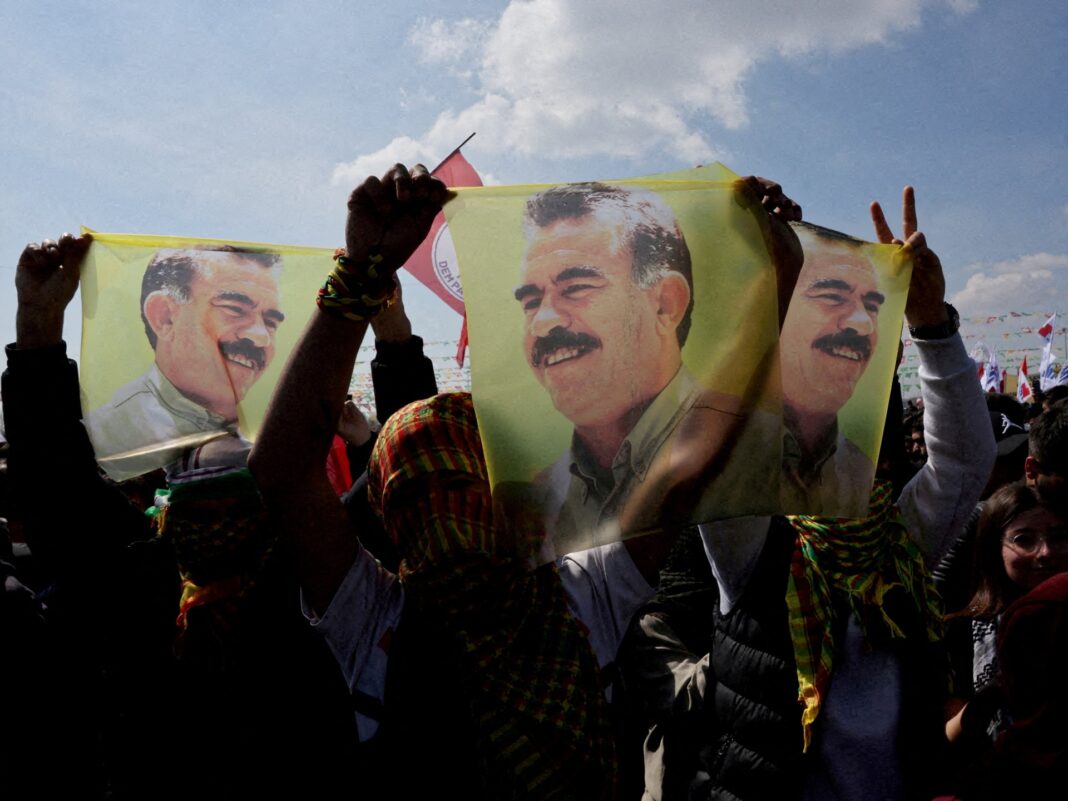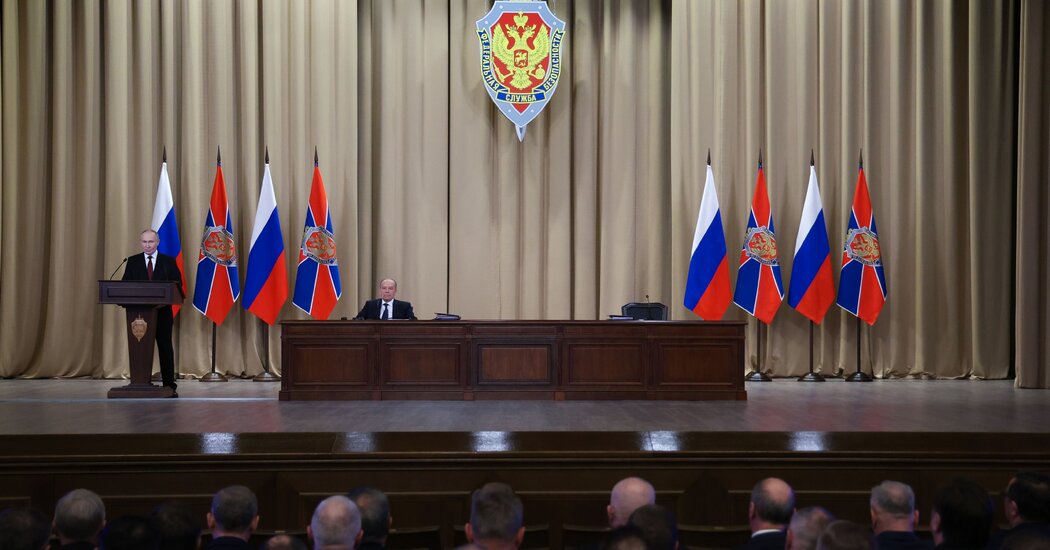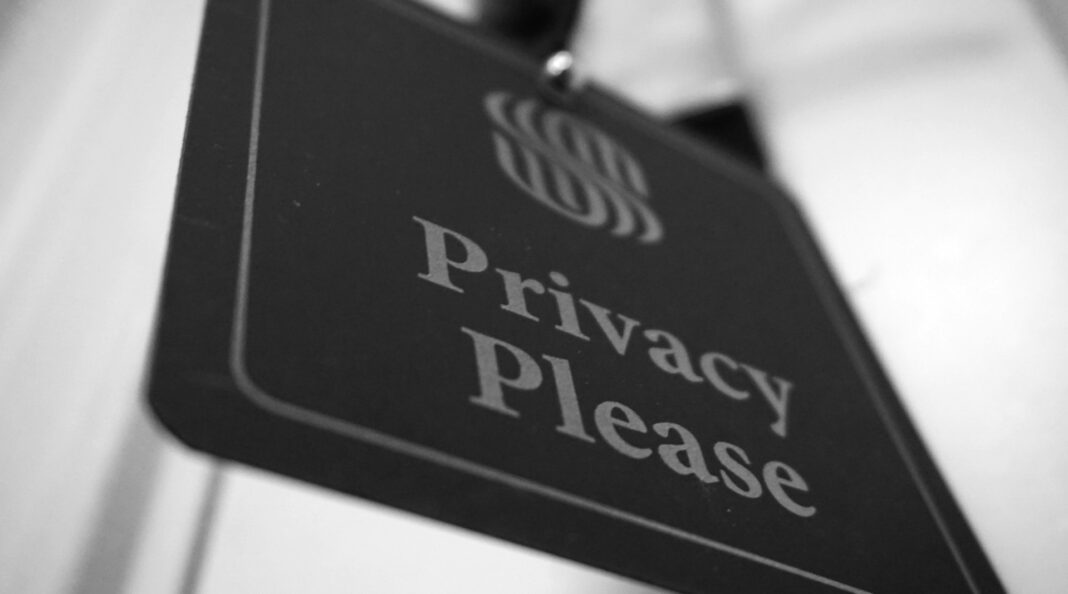The jailed leader of Turkiye’s outlawed Kurdistan Workers’ Party (PKK) Abdullah Ocalan has made a historic call for the party to lay down its arms, dissolve itself and end its decades-long conflict with the Turkish state.
A delegation of Turkiye’s pro-Kurdish DEM Party on Thursday visited the island prison where Ocalan has been held since 1999 and later delivered his statement in nearby Istanbul.
“I am making a call for the laying down of arms, and I take on the historical responsibility of this call,” Ocalan said in the letter.
“Convene your [party] congress and make a decision. All groups must lay down their arms and the PKK must dissolve itself,” Ocalan said, according to the statement.
The PKK is deemed a “terrorist” organisation by Turkiye and its Western allies.
Commenting on the move, ruling AK Party Deputy Chairman Efkan Ala said that his country will be “free of its shackles” if the PKK lays down arms and dissolves.
In the first response from President Recep Tayyip Erdogan’s ruling party, Ala said the government expected the PKK to comply with Ocalan’s call.
Al Jazeera’s Sinem Koseoglu, reporting from Istanbul, said Ocalan’s letter carries “historical importance” as it is the first time he is asking the PKK to dissolve itself.
This makes the DEM Party “more significant in Turkish politics”, Koseoglu said.
A changed Turkiye?
In his letter, Ocalan explained his decision by saying that the PKK had been formed during a period where the Turkish state restricted Kurdish rights, but that Kurdish identity was no longer denied in Turkiye, and there had been “improvements in freedom of expression”.
Turkiye has in recent decades removed restrictions on the use of the Kurdish language and the free expression of Turkish identity, particularly since the AK Party came to power in 2002. However, detractors say that the state has not gone far enough in granting more rights for Kurds in Turkiye.
“Respect for identities, free self-expression, democratic self-organisation of each segment of society based on their own socio-economic and political structures, are only possible through the existence of a democratic society and political space,” Ocalan said in his letter.
The PKK launched its fight against the Turkish state in 1984. Its aim was an independent homeland for Kurds in southeastern Turkiye, but has since officially moved away from separatist goals, instead calling for more autonomy. However, it did not renounce armed violence, and groups affiliated with the PKK have continued to carry out sporadic attacks in Turkiye.
In October, the PKK claimed responsibility for an attack on a Turkish state-run defence company near Ankara, that killed five people and wounded 22 others. In response, Turkiye struck PKK targets in Iraq and Syria.
Turkiye regularly conducts air attacks against the PKK in Iraq and against affiliated groups in Syria.
The appeal from Ocalan could have implications for the major oil-exporting region of northern Iraq, where the PKK is based, and for neighbouring Syria, which is emerging after 13 years of civil war and the ouster in December of President Bashar Al-Assad.
The president of the Kurdistan Regional Government in northern Iraq, Nechirvan Barzani, welcomed Ocalan’s message, while in Syria, Mazloum Abdi, the head of the Syrian Democratic Forces – many of whose leadership is affiliated with the PKK – said that Ocalan’s statement was “historic”, but was “not related to us in Syria”.
Peace process
A Turkiye-PKK peace process collapsed a decade ago.
Ocalan, 75, has been imprisoned on the island of Imrali, off Istanbul, since 1999 after being convicted of treason. Despite his incarceration, he continues to wield significant influence over the PKK and the group’s leadership is widely expected to heed any of his calls.
Ocalan’s momentous announcement is part of a new effort for peace between the group and the Turkish state, which was initiated in October by President Erdogan’s coalition partner, Devlet Bahceli. The nationalist politician suggested that Ocalan could be granted parole if his group renounces violence and disbands.
Last year, Ocalan said he could shift the Kurdish question “from an arena of conflict and violence to one of law and politics”, later offering assurances he was “ready to take the necessary steps and make the call”.
Thursday’s meeting was the third time DEM Party officials have met with Ocalan as part of the peace efforts. The officials have also met with Selahattin Demirtas, an imprisoned former leader of the DEM Party’s predecessor, and travelled to Iraq for talks with Kurdish leaders there.
The DEM Party has had to change its name after it was repeatedly banned. Opponents say the party supports “PKK terrorism”, but DEM says it is calling for greater democracy in Turkiye, and say the shutdown of DEM’s predecessors and the imprisonment of Demirtas is evidence of a crackdown against Turkiye’s pro-Kurdish movement.
Galip Dalay, senior consulting fellow at Chatham House, says if successful, the move would be one of the “most transformative events that have happened in the Middle East”.
It could “redefine the course of Turkish politics” and would also “redefine Turkiye’s relationship with the region’s Kurds in the main neighbouring states”, Dalay told Al Jazeera.


